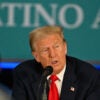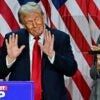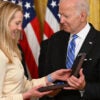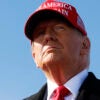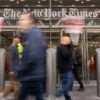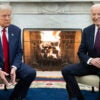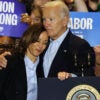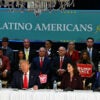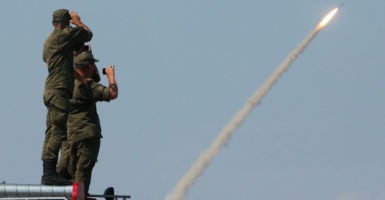As the clock is ticking, President Barack Obama is striving to cement his legacy in the realm of nuclear weapons policy.
In the past, the president has suggested his nuclear policy goal would be a “no first use” policy—a plan many experts as well as U.S. allies continue to meet with skepticism and resistance.
While recent reports indicate Obama might be weakening in his insistence on no first use, the danger is far from over. It’s more important than ever that Americans be fully informed of the potentially catastrophic ramifications of such a policy for our national security.
A no first use policy—a declaration that the United States would not use nuclear weapons unless it was first attacked by nuclear weapons—would weaken deterrence and increase the attractiveness of other devastating attacks against the United States.
For example, an attack on the U.S. power grid or a chemical or biological attack could be just as disastrous as nuclear attacks. If our adversaries no longer have to fear retaliation by the most devastating weapons the United States has at its disposal, what will stop them from unleashing other horrifying measures against us in time of war?
Declaring a no first use policy would reverse decades of bipartisan support for the policy of calculated ambiguity the United States has upheld since the end of World War II. Moreover, there would be no tangible benefit to the United States in declaring such a policy. Quite the contrary, the allies who rely on U.S. nuclear weapons for their own security would have every reason to question U.S. commitment to their security.
Countries like South Korea or Japan face very difficult nuclear-armed neighbors, some of which want to destroy them. The ambiguity of a U.S. no first use policy could lead these allies to develop their own nuclear weapon capabilities, thus obliterating the advances made through U.S. nonproliferation efforts in the past several decades.
The Obama administration decided against adopting a no first use policy during its first term in office. A comprehensive review of the U.S. nuclear enterprise made it clear such a strategy would have been unwise at the time. Will Obama exercise the same restraint now that his tenure is nearly up?
Since the Obama administration abandoned no first use in 2010, North Korea has detonated several nuclear weapons, Russia invaded Ukraine and threatened the North Atlantic Treaty Organization allies with nuclear attacks, and Iran is violating the Joint Comprehensive Plan of Action and obtaining resources and cash to speed up its nuclear program.
In short, nothing about the international environment today is better, safer, or more conducive to adopting a no first use policy. If anything, the global situation is worse now than it was eight years ago.
On Thursday, The Heritage Foundation is hosting a panel of experts, “What Would a No First Use Policy Mean for Global Security?” Join us for a discussion of the possible implications of a no first use policy on U.S. national security, U.S. allied relationships, and the global security environment.

